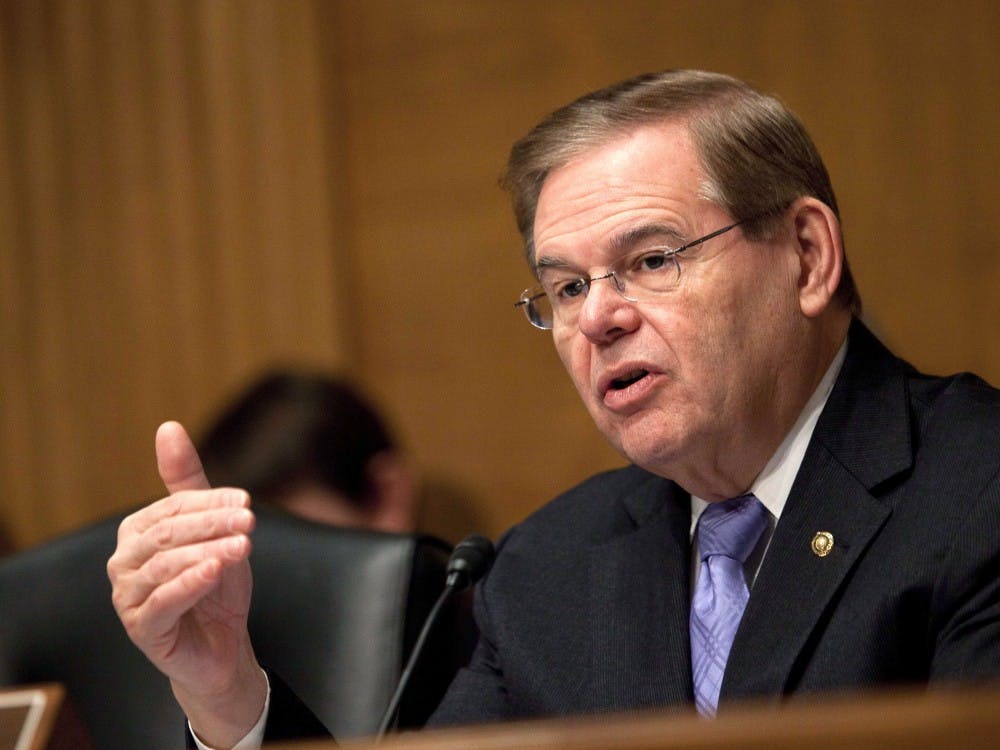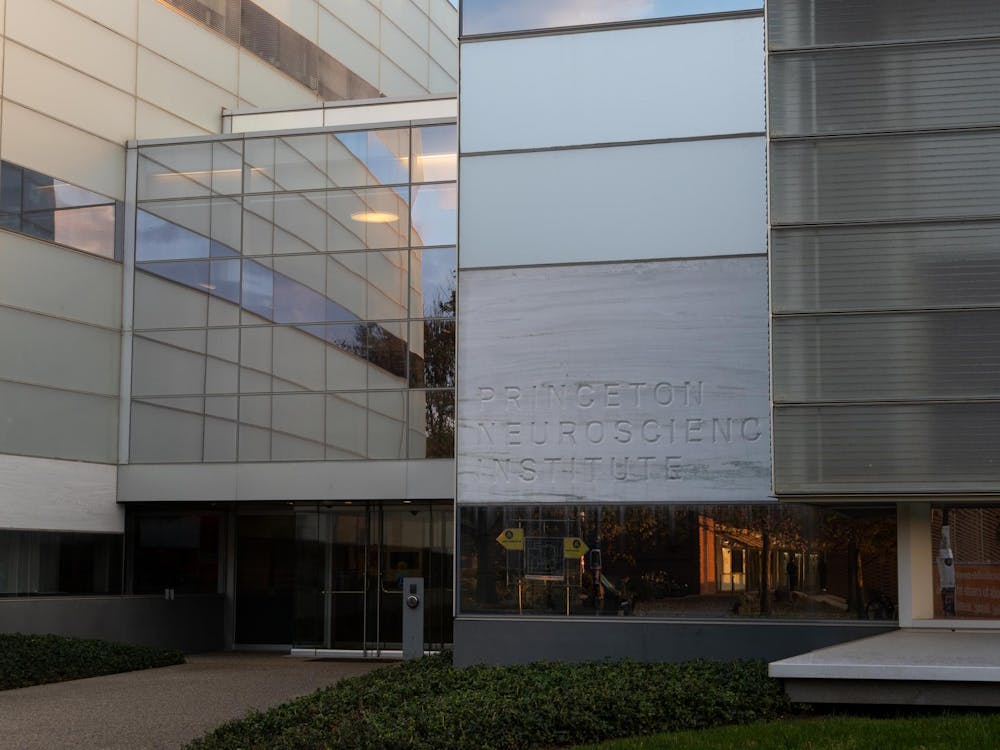The Department of Justice is preparing to bring criminal corruption charges against New Jersey Sen. Robert Menendez, CNN reported on Friday.
Documents that were mistakenly unsealed by a federal court show that prosecutors allege Menendez illegally advanced the personal business interests of a donor, Florida ophthalmologist Salomon Melgen. Investigators have also focused on gifts given by Melgen to Menendez that Menendez failed to report for years on ethics disclosure forms as evidence of intent to be bribed.
On Tuesday, Menendez told Politico that the source of the leak of information to CNN should be investigated, while federal officials have reiterated that they expect a grand jury in New Jersey to indict Menendez in the next few weeks, Politico reported.
Menendez did not respond to multiple requests for comment. Melgen and a Department of Justice spokesman also did not respond to requests for comment.
Experts interviewed said that while Menendez has a number of potential legal defenses available to him, prosecutors may have additional evidence they have not yet disclosed or may even have Melgen as a cooperating witness.
"This is not the first case to involve payments which may or may not be in good faith to a politician or in bad faith with the expectation of a quid pro quo," Juliet Sorensen '95, a law professor at Northwestern University and a member of the American Bar Association's Global Anti-Corruption Task Force, said. "Our own former governor, Rod Blagojevich, was convicted of a similar thing, and his defense [that gifts were made out of friendship, not as part of a quid pro quo] was very similar to what it appears Senator Menendez's defense will be."
Menendez may or may not also benefit from the speech and debate clause in the U.S. Constitution, Sorensen said. She noted that this clause is meant to protect legislators from unwarranted influence from the executive branch, including prosecutors, federal investigators and FBI agents, and applies to oral communications and written documents.

"It appears that it may be limited to activities that take place in Congress," Sorensen said. "I would be very surprised if that includes a jet to the Dominican Republic [which Menendez allegedly failed to disclose]. It is occasionally litigated, and that would be a pre-trial issue for the judge to decide, whether it's proper for the executive to use this as evidence against Senator Menendez."
In general, corruption cases are difficult to prove, Sorensen noted.
"The executive branch, when possible, likes to have a controlled aspect of the investigation," she said. "With the Blagojevich case, it was tape recordings pursuant to a court-authorized wiretap. In other cases, you have cooperating witnesses who may be wearing a recording device pursuant to the cooperating witness's consent."
Prosecutors are also running up against the statute of limitations, she noted, adding there are likely to be older allegations that are simply historical and based only on verbal and written statements and records instead of having been actively investigated by the government through recordings.

The combination of relatively weak campaign finance laws with acquiring a number of powerful committee assignments over time can lead to the appearance of financial conflicts of interests, even in cases where there were no inappropriate intentions, she added.
Melgen's residency in Florida instead of being a direct New Jersey constituent of Menendez does not necessarily complicate a friendship defense, Richard Briffault, a former member of the state of New York's Moreland Commission on Public Corruption and a law professor at Columbia University, said.
"No longer acting on the part of your constituents might be a political mistake, and might even be unethical, but it's not clear that it's criminal," Briffault said. "The criminal thing is to do it corruptly, which means for money."
That Menendez did not report in a timely fashion some gifts he received from Melgen could be used by prosecutors to establish evidence of intent to cover up an ongoing quid pro quo with Melgen, he added, noting that the government may have stronger evidence than what is already known.
"If there is evidence of non-disclosure, that is likely to be helpful to the government, but just how helpful is not clear," he said.
While testimony Menendez may have made on the floor of the Senate or in committee hearings might be inadmissible in court, Briffault noted, testimony from his aides may or may not be subject to the same protection.
He added that such testimony could include a committee meeting in which Menendez is alleged to have pressured then-Secretary of Health and Human Services Kathleen Sebelius to make changes to procedures that would have been helpful to Melgen.
"[The speech and debate clause] is not an immunity from prosecution," Briffault said. "There's likely to be some fighting about what counts as evidence and what's constitutional in this case."
Briffault said that while Menendez's lawyers could try to bring up allegations of improper timing in the filing of the case in relation to Menendez's recent opposition of President Barack Obama's negotiations with Iran, the legal standing of such arguments is unclear and might only have an effect on public opinion.
Wilson School lecturer Stanley Katz said he was surprised by news of the charges because while the allegations have been circulating for some time, he didn't believe anyone had enough evidence to successfully prosecute Menendez.
"It's quite extraordinary that it's public at this stage," he said.








